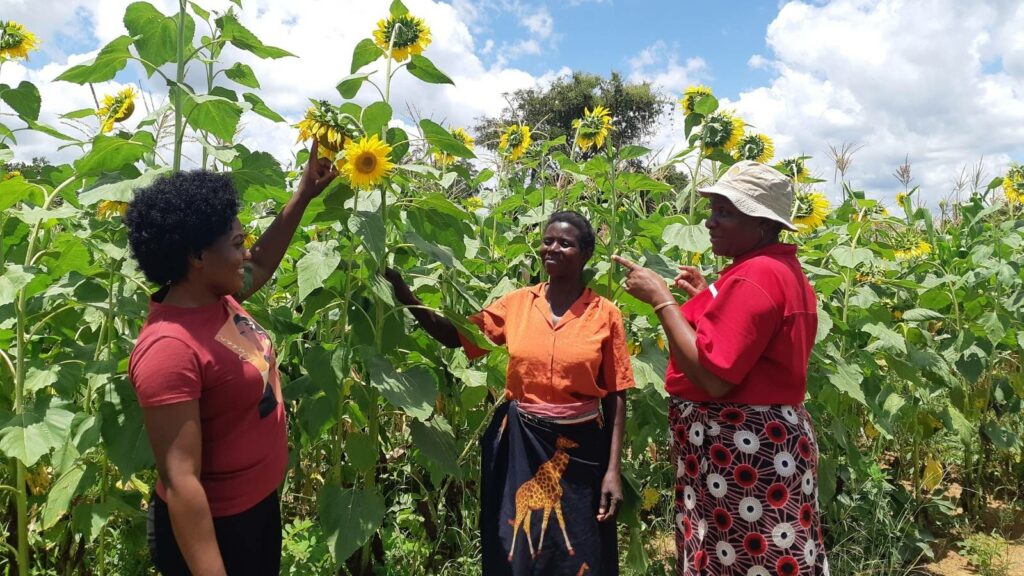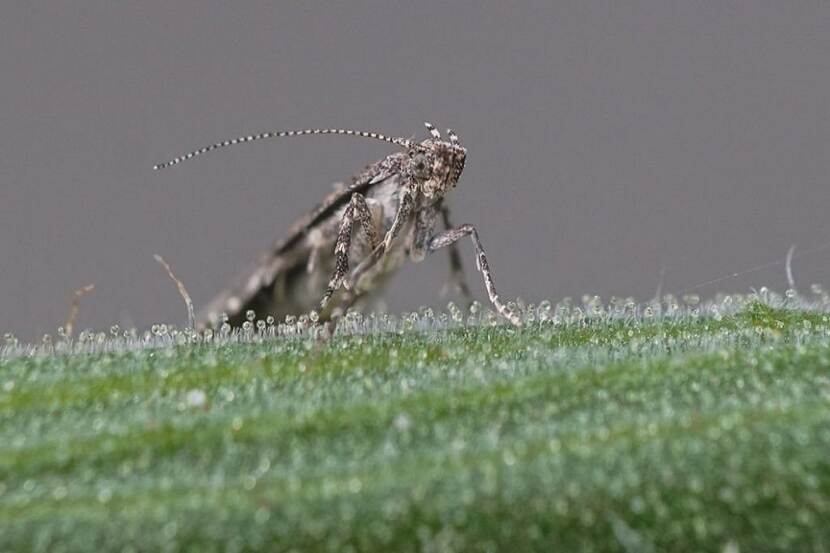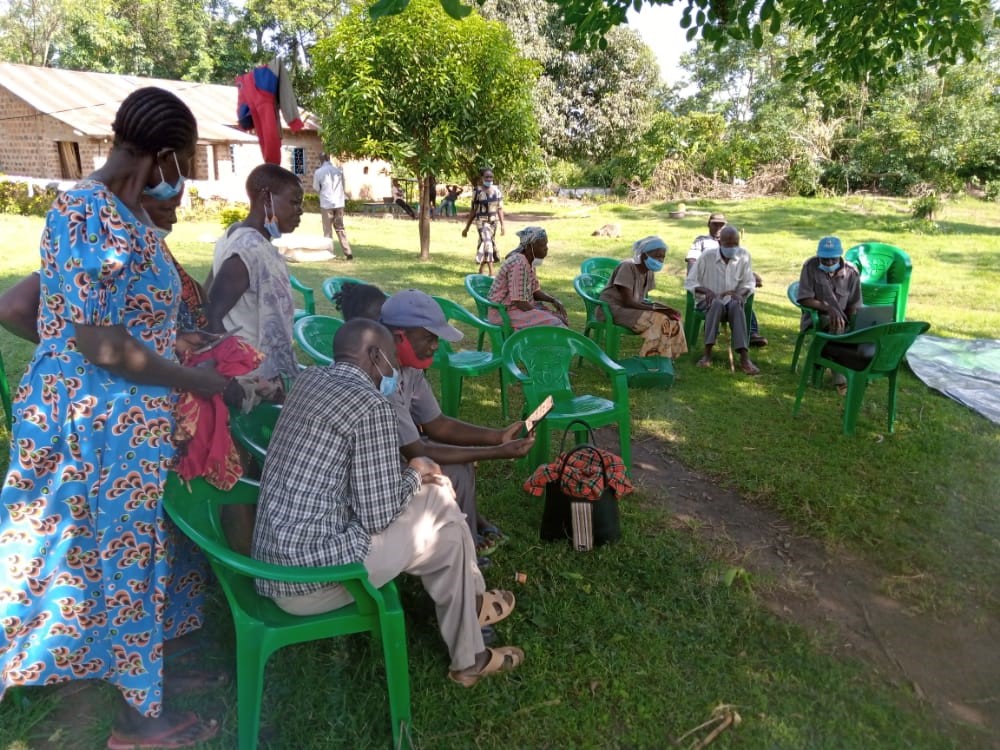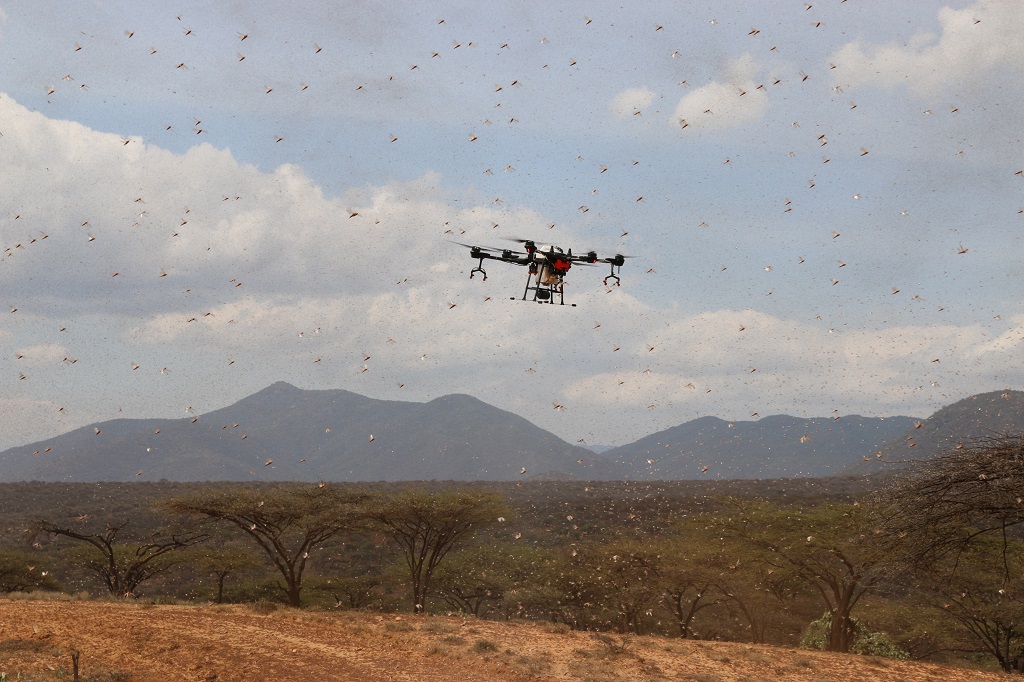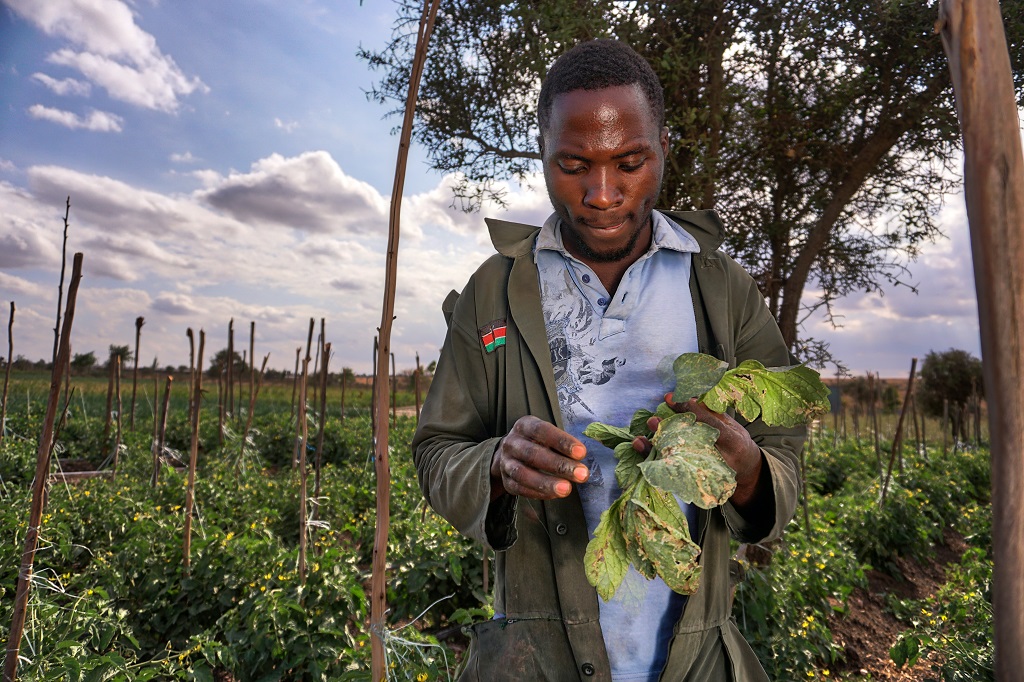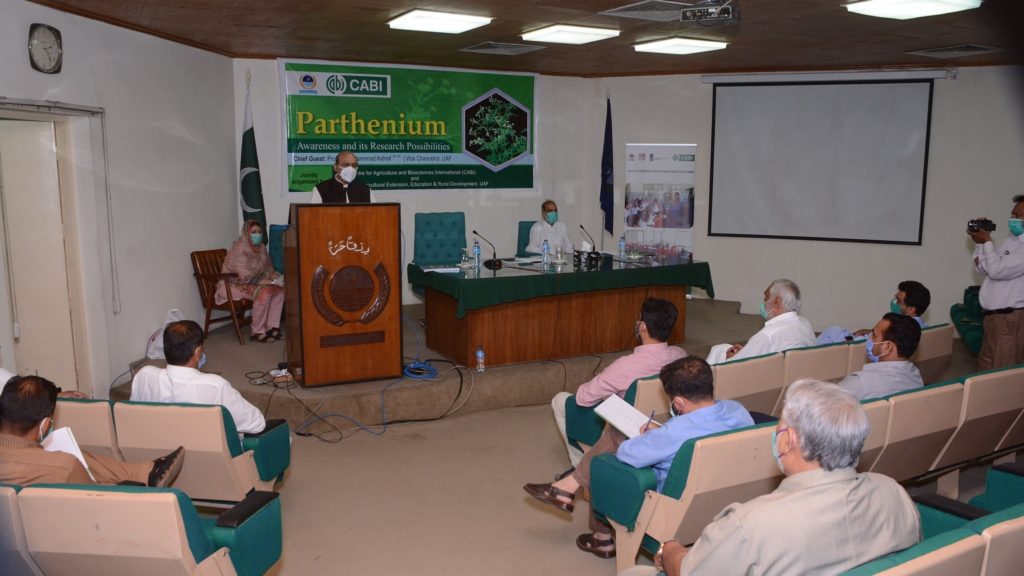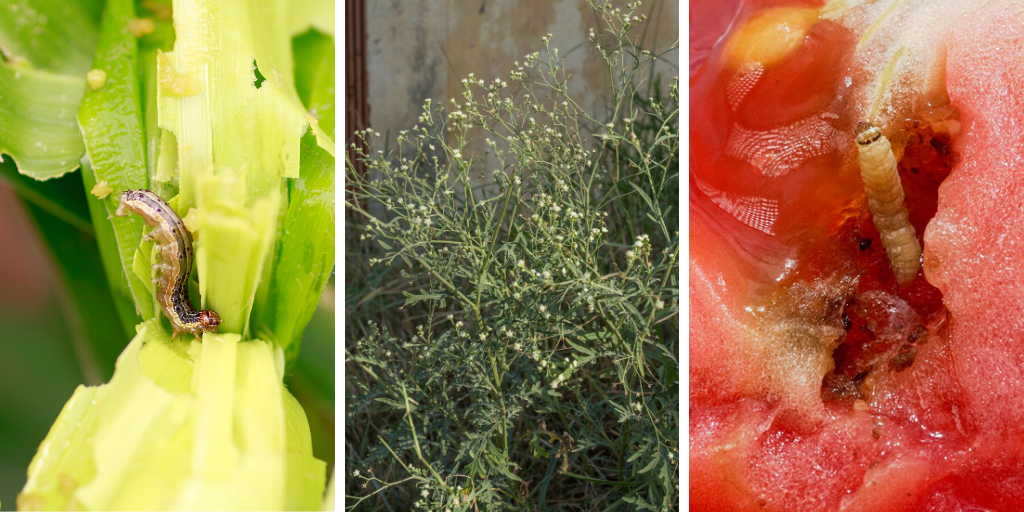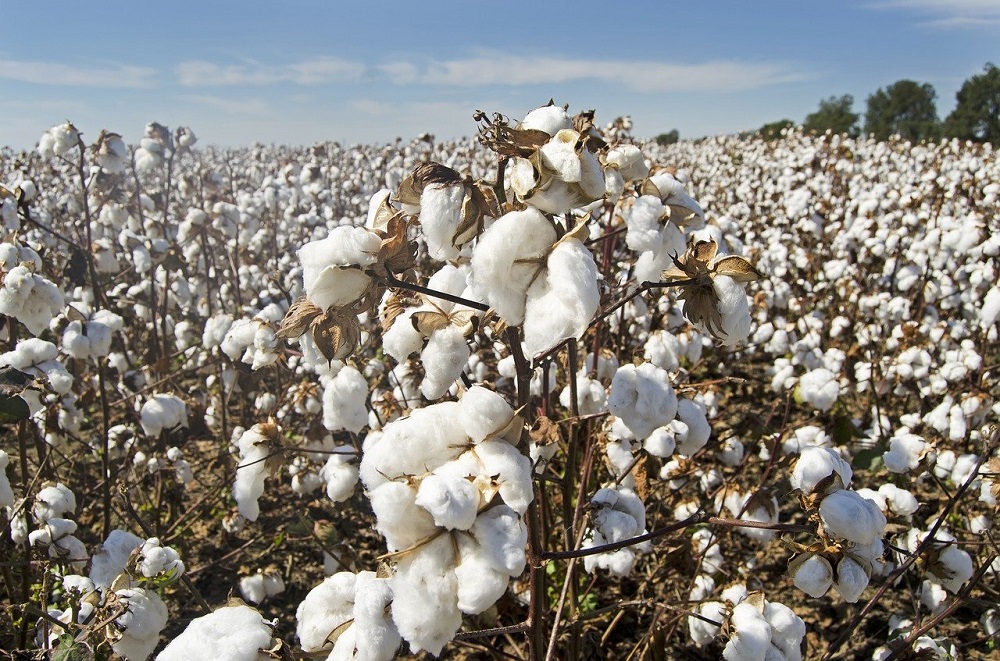Stepping up the fight against Tuta Absoluta in Kenya with safer and sustainable biocontrol products
Tomato is one of the most important vegetables grown by farmers in Kenya and plays an important role in generating employment and income. However, tomato production is limited by many factors, the most important of which are insect pests. Tomato farmers tend to control tomato pests with pesticide sprays, but these pose risks to the…
Digital extension campaign boosts farmers’ knowledge and capacity to manage fall armyworm in Zambia
An SMS campaign to promote awareness of fall armyworm (Spodoptera frugiperda) and mitigation measures, which was carried out in four Zambian provinces, has resulted in the enhancement of farmers’ knowledge and boosted their capacity to effectively manage the pest. The campaign was implemented by CABI’s Pest Risk Information SErvice (PRISE) project in partnership with Precision…
Using online workshops to ensure the fight against invasive species continues in Pakistan
As the global COVID-19 pandemic continues, CABI is ensuring that efforts to combat invasive species are continuing. The CABI centre in Pakistan organized a one-day online workshop on the development of Pest Management Decision Guides (PMDGs) and Technical Briefs on the invasive pests: fall armyworm, parthenium weed, and Tuta absoluta.
Communication is key: CABI publishes framework for strategic communications during pest outbreaks
The invasion of a highly destructive plant pest can have a devastating effect on farmers’ crop production, natural ecosystems and economic trade. In Africa, where a large proportion of people live in rural areas and rely on subsistence agriculture, invasive species can cause severe damage and seriously impact food and nutritional security.

